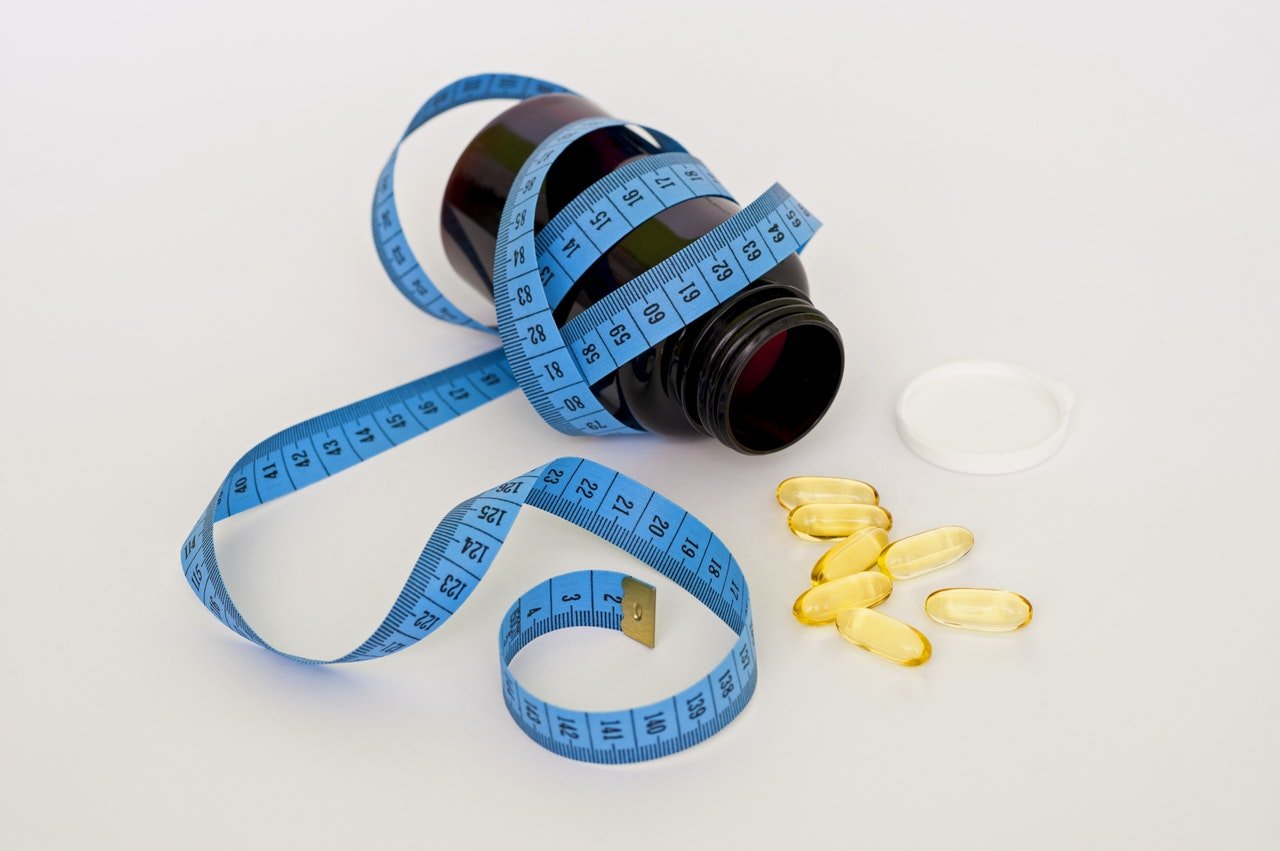Knowing Your Body’s Protein Requirement

How much of protein can your body absorb?
Protein is an essential nutrient for a well-balanced diet and for growing and repairing cells. Most people get their protein intake from meat or animal products. Vegetarians and vegans consume little to no meat or animal products. If you’re a vegetarian or vegan, here are alternative sources of protein for you:
-
Soy
-
Nuts
-
Quinoa
-
Spinach
-
Artichokes
-
Beans and legumes
There are many more fruits, vegetables, and grains that are great sources of protein. You can ask your health-care provider or dietician to recommend the best vegetarian or vegan diet for you.
Protein intake in the body is good for staying healthy, building muscles or for weight loss. To achieve any of these one needs to understand how much of protein the body can absorb and what amount is recommended to achieve muscle protein synthesis. Workout sessions are known to cause the tearing of the body muscles and to replenish them one needs to take in an amount of protein per meal.
Today, we will be answering the question of ‘how much of protein can your body absorb‘?
Why Proteins?
Proteins are known to release special molecules in when they are digested called amino acids. These amino acids are like Tinker Toy pieces that build enzymes, hormones, immune system boosters, molecules needed for transport and storage and for building your biceps. Proteins are important and indispensable because you cannot get amino acids from fats or carbohydrates and when enzymes and immune boosters are lacking life is threatened.
Some people believe that the body can absorb any amount of protein intake, some believe that is should be below 30 grams per meal and some others think 50 grams is enough and this has caused confusion in times past. The protein for each person varies due to their level of muscle activities. A bodybuilder with active muscle activity will vary from an old person that doesn’t engage in much muscle activity.
Protein intake is more important on the frequency; so rather than taking large amounts of it in one meal it works better when it is spread across various meals in a day. Based on research by a Professor at the University of Texas Medical Branch Doug Paddon-Jones, PhD, “Skeletal muscle protein synthesis is maximized by 25 to 35 grams of high-quality protein during a meal.”
Another study that included Doug Paddon-Jones, T. Brock Symons, Melinda Sheffield-Moore and Robert R. Wolfe proved that 30 grams of protein in a meal increased the bodybuilding activity by 50 percent. That amount can be gotten by eating 3 ounces of chicken breast or a quarter pound of lean beef. The same study proved that those who ate 90 grams of protein for a meal still got the same 30 grams absorbed in their bodies.
Muscles activities like tearing are more intense after workout sessions and reduce as days goes by often between 24 to 48 hours. So, if one decides to eat 90 grams of protein per meal the body will absorb the needed 30 grams on average that the body needs. It is advised to spread these through 4 meals or more in a day.
After the needed amino acids are absorbed in the body the rest protein is converted to other sources of energy like glucose and if one has more energy than is required in the body they will convert to fat. So nothing is wasted. This is why it is important to know how much of proteins your body can absorb, the frequency of consumption and the muscle activity that is required to keep utilizing it for muscle protein muscle protein synthesis.
On a final note, the body uses up more water in digesting protein so you need to increase your water intake to avoid dehydration.




